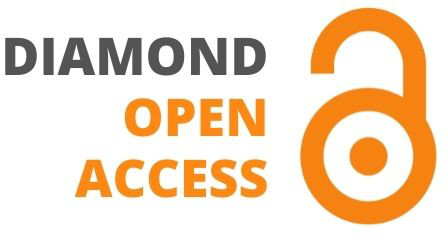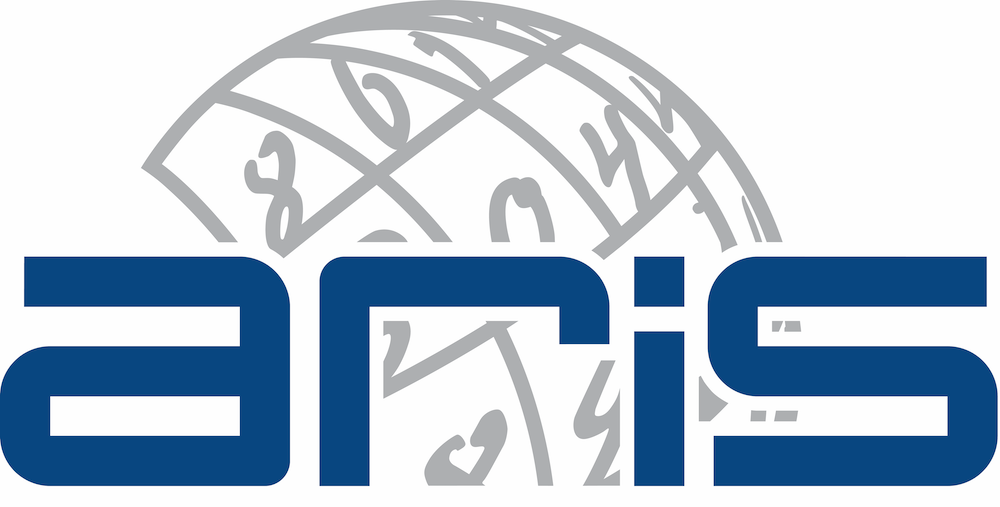Journal of Information Technology in Construction
ITcon Vol. 11, pg. 57-71, http://www.itcon.org/2006/4
MANAGING KNOWLEDGE IN THE CONTEXT OF SUSTAINABLE CONSTRUCTION
| submitted: | April 2005 | |
| revised: | December 2005 | |
| published: | MArch 2006 | |
| editor(s): | El-Diraby T | |
| authors: | Mark A. Shelbourn, Dr. Department of Civil & Building Engineering, Loughborough University, UK email: m.a.shelbourn@lboro.ac.uk Dino M. Bouchlaghem, Professor Department of Civil & Building Engineering, Loughborough University, UK email: n.m.bouchlaghem@lboro.ac.uk Chimay J. Anumba, Professor Department of Civil & Building Engineering, Loughborough University, UK email: c.j.anumba@lboro.ac.uk Patricia M. Carillo, Professor Department of Civil & Building Engineering, Loughborough University, UK email: p.m.carrillo@lboro.ac.uk Malik M.K. Khalfan, Dr. SCRI Research Centre in the Built and Human Environment, School of Construction and Property Management, 4th Floor, Maxwell Building, University of Salford, UK email: m.m.a.khalfan@salford.ac.uk Jacqueline Glass, Dr. Department of Civil & Building Engineering, Loughborough University, UK email: j.glass@lboro.ac.uk | |
| summary: | The 21st century has been a growing awareness of the importance of the sustainability agenda. Moreover for construction, it has become increasingly important as clients are pushing for a more sustainable product to complement their organisations own strategic plans. Sustainable development can be defined as development that meets the needs of the present without compromising the ability of future generations to meet their needs. Sustainable construction is therefore seen as the application of sustainable practices to the activities of the construction sector. One of the key factors in making construction projects more sustainable is overcoming the obstacles of capturing and managing the knowledge required by project teams to effect such change. Managing this knowledge is key to the construction industry because of the unique characteristics of its projects, i.e. multi-disciplinary teams, dynamic participation of team members, heavy reliance on previous experiences/heuristics, the one-off nature of the projects, tight schedules, limited budget, etc. Initiatives within the industry and academic research are developing mechanisms and tools for managing knowledge in construction firms and projects. Such work has so far addressed the issues of capturing, storing, and transferring knowledge. Despite these efforts, there is still very limited understanding of the best ways to foster the creation of knowledge, less so on how to capture it, and even less on how to ensure that knowledge is readily available to individuals, project teams, and companies. This paper reports on work carried out as part of the C-SanD project (Creating, Sustaining and Disseminating Knowledge for Sustainable Construction: Tools, Methods and Architecture) conducted at Loughborough University. The project developed a Sustainability Management Activity Zone (SMAZ) that maps onto a generic construction process provided by the Process Protocol method. The paper describes the development of the tool and supporting web portal implementation, evaluation and take-up in the projects industry partners. | |
| keywords: | Information management, knowledge management, sustainability, construction process. | |
| full text: | (PDF file, 0.991 MB) | |
| citation: | Shelbourn M A, Bouchlaghem D M, Anumba C J, Carillo P M, Khalfan M M K and Glass J (2006). MANAGING KNOWLEDGE IN THE CONTEXT OF SUSTAINABLE CONSTRUCTION, ITcon Vol. 11, pg. 57-71, https://www.itcon.org/2006/4 |





